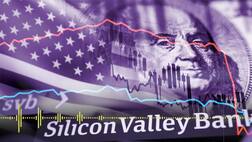
streaming audio
|
Is the Banking System Safer Than It Was in 2008?, A Debate
Copies
0 Total copies, 0 Copies are in,
0 Copies are out.
Digital Link
Language
English







